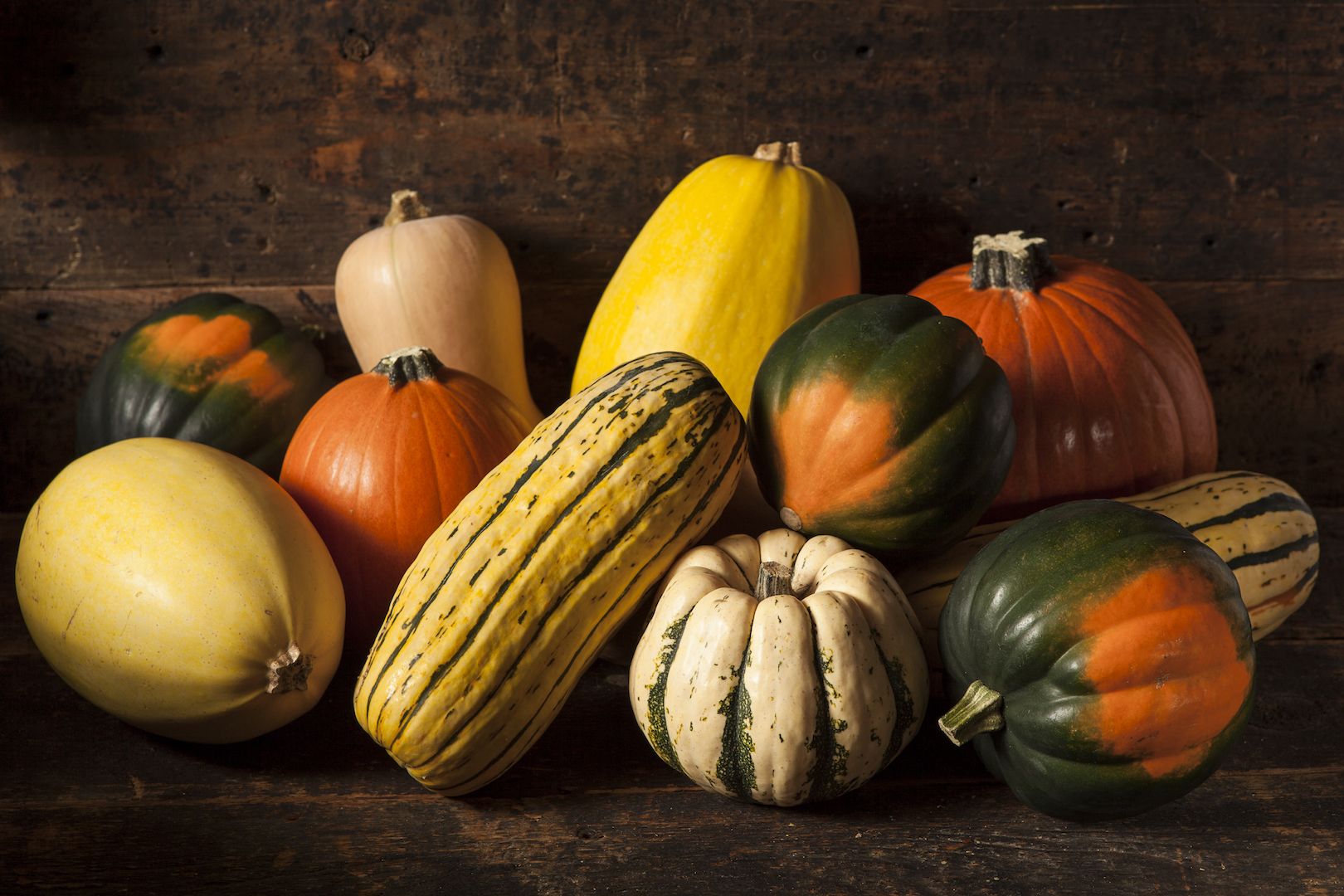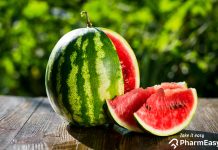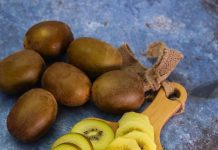Is Squash a Fruit? Unveiling the Truth About This Versatile Vegetable
In the world of culinary classification, the line between fruits and vegetables can often be blurry. One such food item that leaves many scratching their heads is squash. Is it a fruit, or is it a vegetable? In this article, we’ll embark on a journey to uncover the mystery surrounding squash and its botanical identity. By the end of this read, you’ll have a clear understanding of whether squash deserves a spot in the fruit basket or the vegetable drawer.

The Squash Spectrum: A Deeper Look
When we think of fruits, we usually envision sweet, juicy, and colorful produce like apples, oranges, and strawberries. Vegetables, on the other hand, are often associated with leafy greens and savory root crops like spinach and carrots. But what about squash? To determine its true nature, we need to explore the fascinating world of botanical classification.
Squash: The Botanical Perspective
To answer the question “Is squash a fruit?” definitively, we must turn to botany for guidance. From a botanical standpoint, fruits are the mature ovaries of flowering plants, typically containing seeds. Vegetables, on the other hand, encompass various edible plant parts, including leaves, stems, and roots. Squash belongs to the gourd family, which includes a wide range of species and cultivars. Understanding its botanical characteristics is essential in settling the debate.
The Fruitful Truth About Squash
Squash, in all its diverse forms, shares a common botanical trait—it produces seeds and develops from the flowering part of the plant. This pivotal characteristic places squash firmly in the category of fruits. But don’t let that confuse you. Squash is also used in savory dishes, leading many to consider it a vegetable in the culinary world. This dual identity contributes to the ongoing debate surrounding its classification.
Varieties of Squash: Fruit or Vegetable?
To delve deeper into the complexity of squash classification, it’s crucial to explore the various types of squash available. Are all varieties of squash considered fruits, or are there exceptions? Let’s dissect the different types and their botanical statuses.
The Culinary Conundrum
While the botanical definition classifies squash as a fruit, the culinary world often treats it as a vegetable. This duality leads to an interesting culinary conundrum. Discover how chefs and home cooks utilize squash in both sweet and savory dishes and why it remains a versatile ingredient.
The Role of Natural Language Processing (NLP)
Understanding the importance of NLP in today’s digital landscape is key to optimizing this article for search engines. NLP helps search engines interpret content more effectively, ensuring that your article is presented to users searching for information about squash classification.
Debunking Myths: Squash and Health Benefits
Squash is not only a source of culinary debate but also a nutritious addition to your diet. Explore the health benefits of squash, whether it’s used as a fruit or vegetable. Uncover its rich nutrient profile, potential medicinal properties, and how it can contribute to your well-being.
The Final Verdict
After a comprehensive exploration of the botanical, culinary, and health aspects of squash, it’s time to reveal the final verdict. Is squash a fruit, a vegetable, or perhaps both? We’ll consolidate the information and provide a clear and concise answer to this intriguing question.
FAQ About Is squash a fruit
1: Is squash a fruit or a vegetable?
Squash can be classified as both a fruit and a vegetable depending on the context. Botanically, it is a fruit as it develops from the flowering part of the plant and contains seeds.
2: What are some common types of squash?
Common types of squash include zucchini, butternut squash, acorn squash, spaghetti squash, and pumpkin, among others.
3: Why is squash often considered a vegetable in cooking?
Squash is often used in savory dishes, such as soups and casseroles, which is why it’s commonly referred to as a vegetable in culinary contexts.
4: Can squash be used in sweet dishes?
Yes, squash can be used in sweet dishes like pies, muffins, and desserts. Pumpkin pie, for example, is a well-known sweet dish made from squash.
5: Are there any health benefits associated with consuming squash?
Yes, squash is rich in vitamins, minerals, and antioxidants. It is a good source of fiber and provides nutrients like vitamin A, vitamin C, and potassium.
6: Is there a nutritional difference between fruits and vegetables?
Generally, fruits tend to be higher in natural sugars like fructose, while vegetables are typically lower in sugar and higher in fiber. However, this can vary among different types of fruits and vegetables.
7: Can you eat the seeds of squash?
Yes, squash seeds are edible. They can be roasted and seasoned as a nutritious snack.
8: How can I incorporate squash into my diet?
You can incorporate squash into your diet by roasting it, adding it to soups and stews, making squash noodles (e.g., zucchini noodles), or using it in baking for sweet recipes.
9: Is there a specific season when squash is in peak freshness?
Squash is often in season during the fall, but some varieties may be available year-round, depending on your location and the type of squash.
10: What is the final verdict on whether squash is a fruit or a vegetable?
Squash is scientifically classified as a fruit due to its botanical characteristics. However, its culinary versatility means it is commonly used as both a fruit and a vegetable in cooking.
Conclusion:
In wrapping up this article, we’ve peeled back the layers of squash’s identity. We’ve learned about its botanical classification, culinary applications, and even its health benefits. While the debate over whether squash is a fruit or vegetable may continue, one thing is certain—it’s a delicious and versatile ingredient that can elevate your meals.




